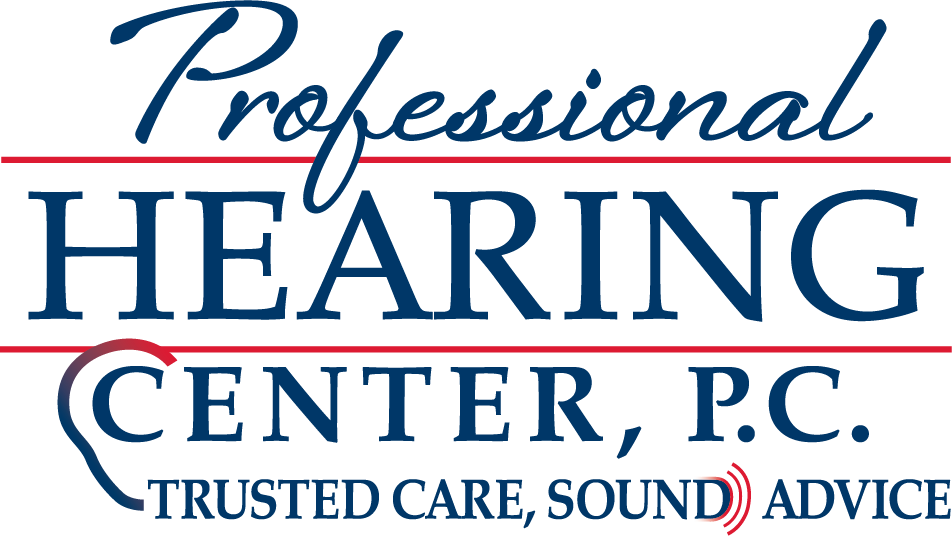
Most individuals aren’t proactive about the health of their hearing and probably haven’t had a hearing screening since grade school because it’s normally not part of a routine adult physical. Luckily, a professional hearing specialist can discover a wealth of information from a hearing test which can be used to both identify any hearing loss and help evaluate whether utilizing treatments like hearing aids is effective.
A complete audiometry test is more involved than what you may recall from childhood, and you won’t get a lollipop or a sticker when it’s done, but you’ll gain a much clearer understanding of your hearing. There are three prevalent types of hearing tests, each of which will supply different perspectives about your hearing.
Pure tone testing
We typically think of sound as measured in decibels, but decibels just indicate the intensity of a sound. Another important factor is pitch or tone which assesses the frequency of sound. It’s measured in Hertz (no relation to the car rental company), with a low bass sound measuring around 50-60 Hz, and general speech ranging from 500 to 3,000 Hz. Healthy human hearing ranges from 20 to 20,000 Hz.
For pure tone testing, you’ll wear headphones or earphones attached to an audiometer. You may also use a device called a bone oscillator which seems scary but just measures how well your bones conduct sound. Pure tones are presented to one ear at a time, and you signal (by pressing a button or raising a hand) when you hear a sound.
We’ll track the minimum volume required for you to hear each sound. Whether your hearing loss is more pronounced on one side than the other, what frequency of sound you have the most difficulty hearing, and generally how well your ears are functioning, will be gauged by this test.
Speech audiometry
This test also uses headphones, but instead tracks your ability to hear words being spoken. In some cases, you’ll be asked to repeat recorded words that are spoken while there is background noise. Your hearing specialist will, in other instances, have you repeat words they are saying, but their mouths will be hidden from view.
Because you are unable to see the speaker’s lips, you won’t get any visual cues to assist you, and because they are only speaking single words, you won’t have any context to help you. For people who have hearing loss in the higher frequencies, words that rhyme, like climb, time, dime, and crime, are difficult to differentiate.
Instead of simply looking at the volume or threshold required for hearing, as tone testing does, speech audiometry measures your ability to make sense of the sounds you hear. Word recognition testing can also assist in assessing whether hearing aids may help.
Immittance audiometry
Okay, these can be a little uncomfortable, but shouldn’t cause pain. In tympanometry, a little probe is inserted in your ear, and air flows through it to artificially change your ear’s pressure. Your hearing specialist will get a graph readout that shows how well your eardrum is working, which can indicate whether there’s a possible issue like impacted earwax or a perforation.
A related test uses a similar probe as an auditory tap on the knee, yes, your ears have reflexes! Muscles in your ear involuntarily contract when you are exposed to loud sound. It will be easier for your hearing specialist to identify the extent of your hearing loss when they know the level of noise necessary to trigger this reflex. There’s no reflex response in people who have profound hearing loss.
Though immittance tests are most helpful in diagnosing conductive hearing loss, problems with the eardrum and/or little bones inside the ear, because these can happen at the same time as age- or noise-related hearing loss, it’s important to include to know everything that’s going on with your ears.
If you’re having difficulty hearing, contact us and schedule a hearing test! We can help you better comprehend your hearing health, educate you on what you can do to maintain healthy hearing, and let you know what your treatment options are if you have hearing loss or tinnitus.
